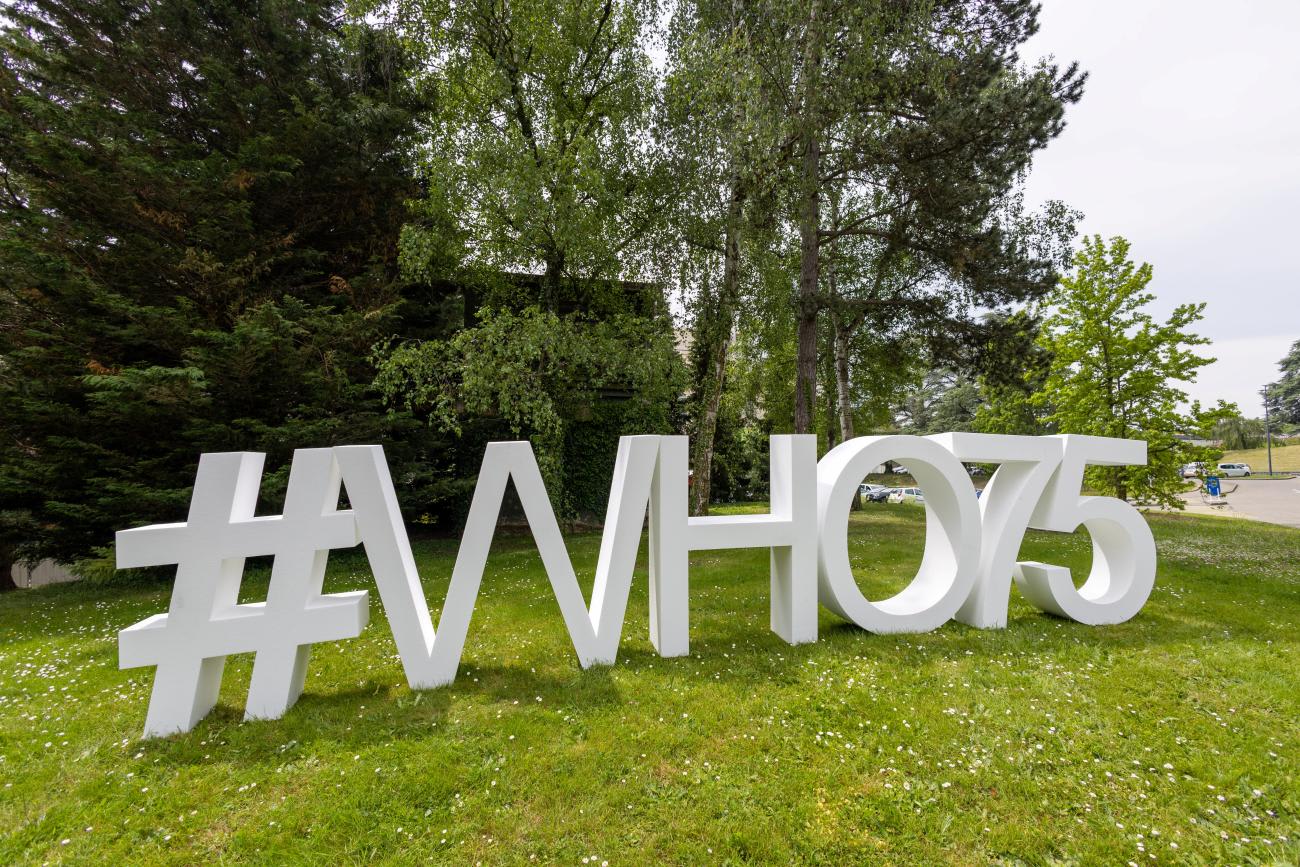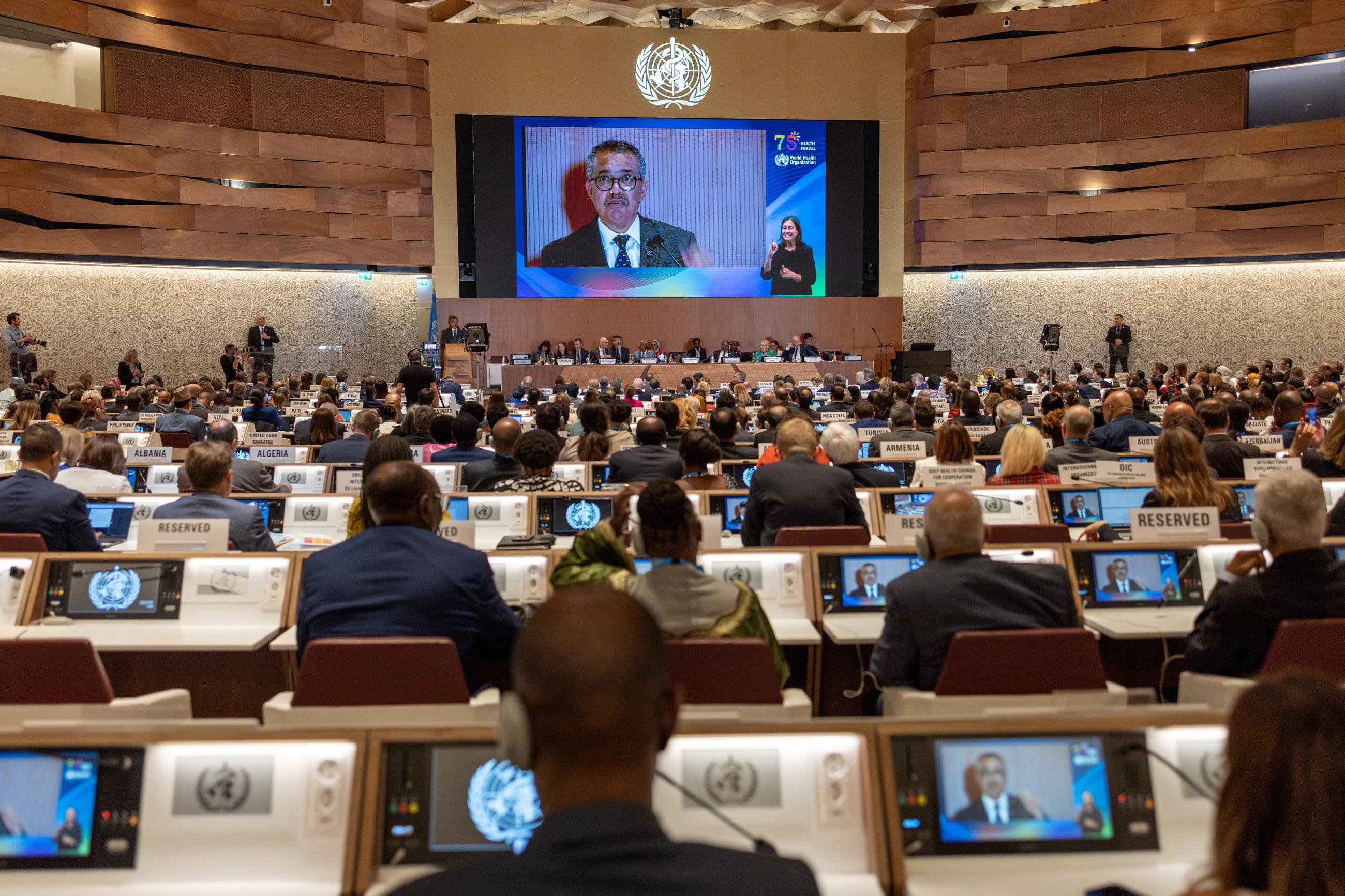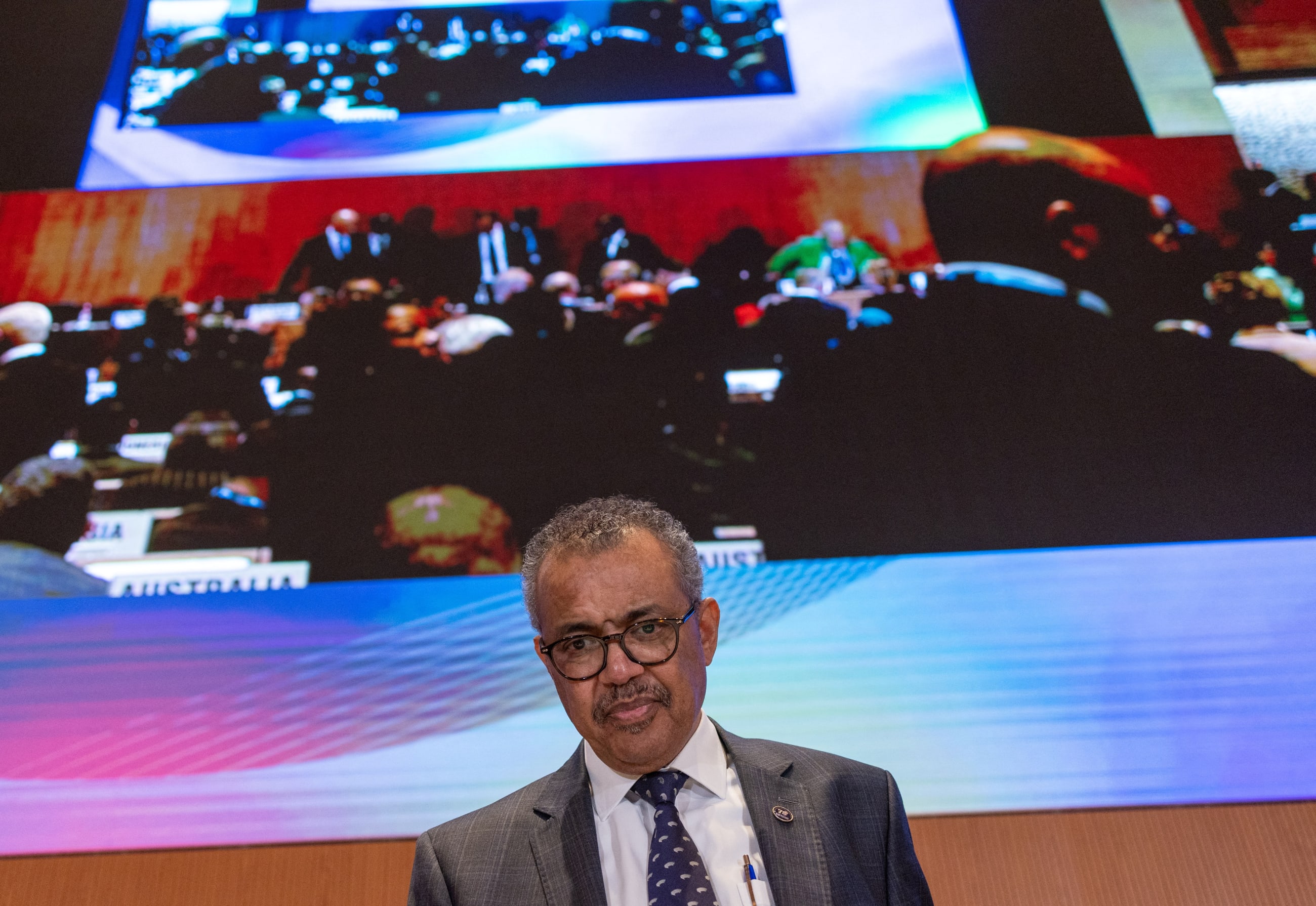The COVID-19 pandemic made clear the need for a stronger and more streamlined approach to preventing, preparing for, and responding to future pandemics. In consequence, the member states of the World Health Organization (WHO) are in the midst of negotiating a binding pandemic accord and revising the International Health Regulations, and will be presenting their positions at the World Health Assembly that begins in Geneva next week.
In parallel, some have called for an independent assessment of WHO's role during the pandemic, prompting the WHO's director general to establish the Independent Panel for Pandemic Preparedness and Response (IPPPR). This panel concluded that WHO's governing processes and authority are insufficient to successfully deal with future pandemics and asserted the need for a new Global Health Threats Council, fully independent from WHO and national health ministers, to keep pandemics on the political agenda and safeguard an approach that extends beyond health.
Experience with prior pandemics shows that the world's preparedness follows a cycle of panic and neglect. In that light, it at first seems like a good idea to have a body that continuously concentrates political attention on pandemic emergencies. But it's unclear that the council, as proposed, would relate with the existing multilateral system to protect global health rather than build a separate infrastructure. It also seems certain to significantly weaken the WHO itself, which could hamper future responses.
Were the council established, member states would have to revisit the WHO constitution itself.
In Contradiction to the WHO Constitution
As proposed, the council runs against other recommendations of the IPPR, such as strengthening the WHO and ensuring more coherence within global health. Indeed, the council seems to be envisaged not just as independent from other UN organizations, including the WHO, but perhaps even above them. Council members would be endorsed by and report to the UN General Assembly and have no connection to the WHO or the legally binding pandemic accord currently being negotiated by countries of the world. Its proponents clearly see this as the ultimate strength and defining feature of the new body.
Were the council established, member states would have to revisit the WHO constitution itself. That document codifies that the WHO was created to "act as the directing and co-ordinating authority on international health work" and to establish and maintain "effective collaboration with the United Nations, specialized agencies, governmental health administrations, professional groups and such other organizations as may be deemed appropriate."
The new council would almost surely claim some of this authority.
Independence and Geopolitics
Proponents of the council assume that locating it at the United Nations in New York would bolster its political clout, helping keep pandemics on the international agenda. But they overlook the extent to which the agenda at the United Nations is driven by geopolitics, security concerns, and foreign ministries rather than health. This is a striking oversight, given that the IPPR included former heads of state and experienced politicians. Indeed, it was mainly politics that derailed the COVID-19 response.
This highly political environment could affect the composition of the council in addition to its agenda, ensuring that it is less independent and less credible than the "legitimate voice of authority" the IPPPR promised.

The founders of the WHO were deliberate in establishing the organization a step removed from the political deliberations of the UN General Assembly. Clearly that does not make the WHO apolitical but helps ensure that health drives the agenda. At the WHO, countries work together on health matters, such as vaccination or disease eradication strategies, even if they are divided on others.
Proponents of the council also wish to expand the focus of deliberations beyond the scope of health, but neglect the possibility of doing this in the existing system. Nothing in the WHO's constitution requires it to work only with health ministers or deal only with medical issues. Indeed, the WHO has been involved with heads of state regularly in the context of G7 and G20, as well as with regional organizations such as the European Union and the African Union. It is in consequence far less removed from top-level decision-makers than sometimes made out to be.
Nothing in WHO's constitution requires it to work only with health ministers or deal only with medical issues.
Functions of a Global Health Threats Council
When the IPPPR initially proposed the need for the council in 2021, it saw it filling needed roles in accountability and access to financing. Since then, though, these have been addressed in separate processes: accountability is one of the key issues being negotiated in the context of the pandemic accord, and financing has been partially addressed by the creation of the Pandemic Fund at the World Bank. Other authorities proposed for the council currently belong to the WHO or could be assigned to it in the future by targeted amendments to the International Health Regulations or in a pandemic accord.
The creation of a new, totally separate council would add layers of unnecessary bureaucracy rather than provide a coherent and streamlined approach to pandemics. Every new global health body requires additional mechanisms for coordination, often at the cost of countries themselves.
Going Forward
Instead of creating a new council, the WHO director general has endorsed the establishment of a forum for high-level political leadership grounded in the WHO's constitutional mandate and fully grounded in a pandemic accord. This would complement existing governance structures, including the World Health Assembly and the Standing Committee on Health Emergency Prevention, Preparedness and Response, which the WHO Executive Board recently established.
Building a council embedded in the WHO constitution would strengthen the existing multilateral global health system, rather than weaken it.
Some mistakenly believe that the WHO's member states have lost trust in the organization, but recent developments do not support this. Indeed, member states recently increased their regular financing, even if they recognize many aspects of the organization are in need of reform
Geopolitics are a reality and the WHO needs to be better prepared to function even when states diverge in their views, distrust one another, form blocs, and shift alliances. Addressing divides such as those between the Global North and South is just as important as preparing for the next pandemic, because these conflicts hamper collective action and stand in the way of finding unified solutions. It is unclear why this would be easier to overcome in a Global Health Threats Council situated in the General Assembly.
Countries created the WHO seventy-five years ago to be the guiding international voice on global health threats. Through the World Health Assembly and its Executive Board, the WHO brings together the political and technical dimensions of health. Countries can make the world healthier and safer by putting further resources and convening authority into a strong, accountable, and transparent WHO, rather than by adding yet more layers of governance to an already fractured global health system.













